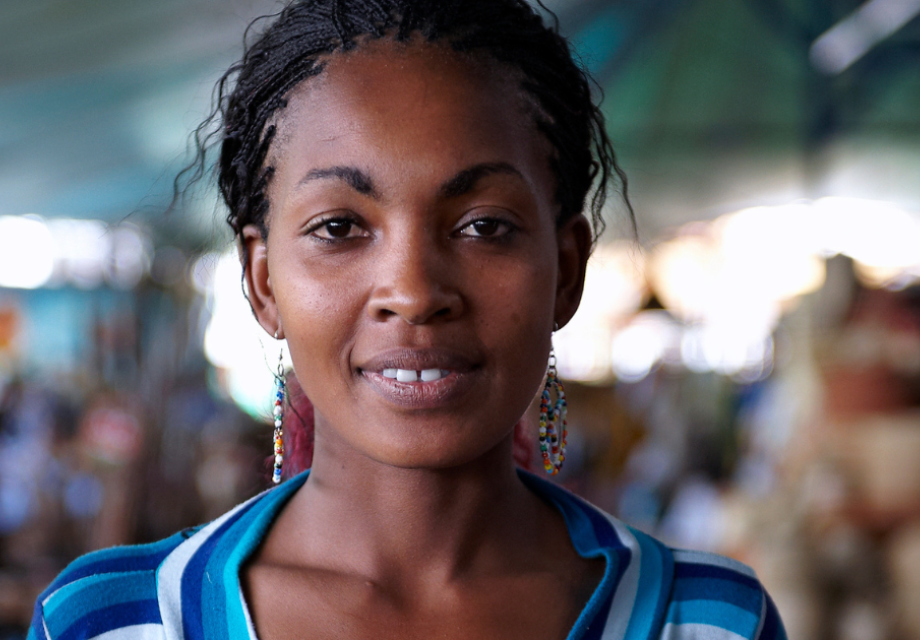Why are some young women at risk of HIV saying no to PrEP?
Hester Phillips
22 August 2022
Kenyan study suggests that PrEP is being linked to promiscuity – and this is stopping some young women from using it
One of the main reasons why young women in Kenya who are at high risk of getting HIV are not taking PrEP is that they are worried about being seen as promiscuous, new research suggests.
What is this research about?
Researchers interviewed 40 young women (ages 18-24) who decided not to take PrEP when it was offered to them. They were from Thika, a suburban area near Nairobi where HIV prevalence among women is 6%, and rural Kisumu in Western Kenya where 16% of women have HIV. Researchers also ran 10 focus groups with the local community to understand what influences young women’s views on PrEP.
Why is this research important?
Young women in Kenya and other sub-Saharan African countries are at high risk of getting HIV. But, some young women are not taking PrEP, even when it is available. Understanding why could improve uptake and prevent more young women from getting HIV.
What did they find out?
Just under one-third (28%) of young women who were at high risk of HIV said no to PrEP when they were offered it.
Stigma
Young women said partner, family and community views on PrEP were the biggest barrier to taking it. People who took PrEP were seen as promiscuous, ‘prostitutes’, immoral and irresponsible. Some young women who knew they were at risk of HIV said the risk of rejection or harm to a relationship for taking PrEP was worse.
HIV-related stigma also stopped young women from taking PrEP. This is because some people mistakenly viewed PrEP and antiretroviral treatment (ART) as the same thing. As one young woman put it: “They will look down on [me]... they will say ‘this one is sick’. They can even put you aside, keep gossiping about you.”
Negative reactions about PrEP often happened in relationships where young women were financially dependent on their partner. Young women said they would be too worried to take PrEP in such relationships for fear of financial loss or other consequences.
Practical reasons
Some young women said it was difficult to find the time to go to a clinic to get PrEP due to work or education commitments. Travel logistics were also an issue.
Some young women were worried about taking medication every day. Others had misperceptions of PrEP. This included thinking PrEP should only be taken after unsafe sex (mistaking it for PEP), and concerns that PrEP was addictive or would cause rashes, heavier periods and weight gain.
Some young women preferred condoms to PrEP because condoms also protect against sexually transmitted infections and pregnancy.
Religious views
Most participants were Christian, but different congregations had different views on HIV prevention. One young woman reported that her church promoted personal responsibility, while another said her church did not support taking medicines, rather: “You have to pray and get healed.”
What does this mean for HIV services?
To increase PrEP use, the stigmatising view that PrEP causes promiscuity must be addressed. This means working with whole communities, not just young women.
The first step is to find well-respected people in the community who are ‘pro-PrEP’ and ask them to lead community meetings, talks, dramas and other types of awareness raising. Getting young women to tell their stories and express why they need PrEP can also help change hearts and minds.
Education about what PrEP is and how it works is also important to address young women’s misconceptions of it and encourage use.
For young women who want to take PrEP, providing it in places where they live, work or go to school at times that suit them could increase uptake.
Get our news and blogs by email
Keep up-to-date with all our latest news stories and blogs by signing up to the Be in the KNOW news digest.
